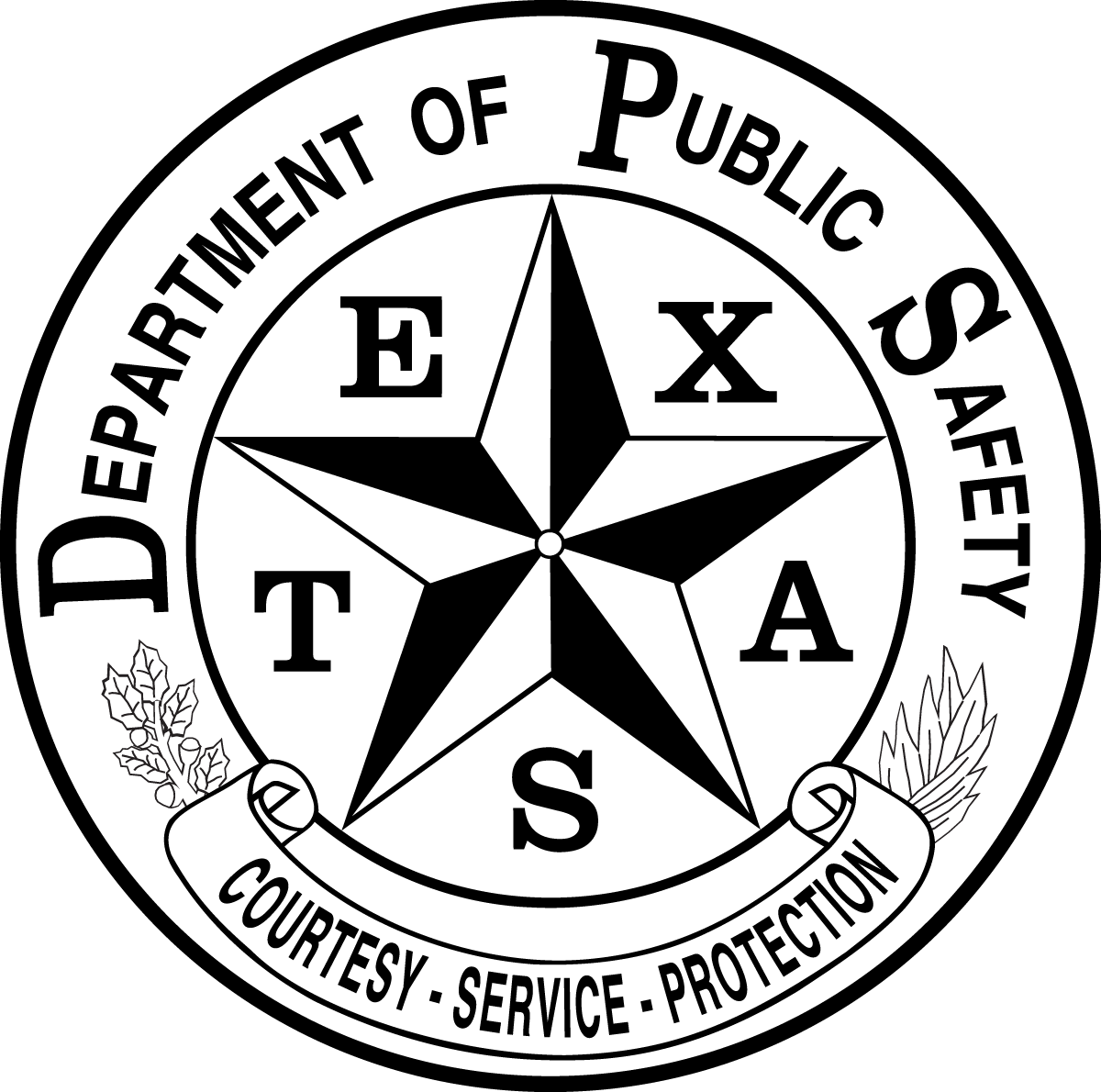
The Texas Public Sex Offender Website
Safety And Education
Printed: 1/11/2026 1:15:11 AM (O:0, U:0)

Your session is about to expire.
Your session will expire when there has been no activity for:
30 minutes.
For your security, please save your work and refresh the page to continue. If you need more time, click the "Extend Session" button below.
Your session expired.
Please click "Log Out" button below.
Important!!!
Logging out will end session in every web browser tab you have currently open.